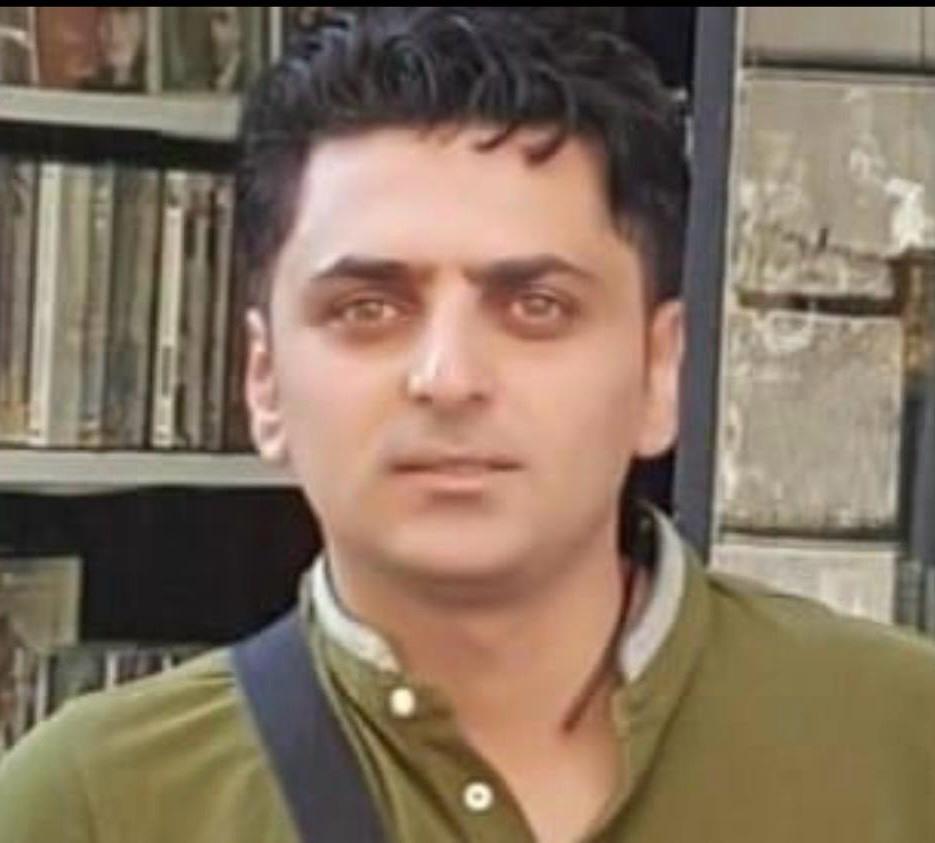Models of Governance in the Middle East: A Clash of Alternatives
By Shoresh Khani
The Middle East is undergoing unprecedented political transformations, as the foundations of the traditional nation-state erode amidst a frantic struggle between competing governance models seeking to impose their future visions. With each new crisis, it becomes clear that the regional order established since the Sykes-Picot Agreement faces existential challenges that undermine its ability to survive. In this context, the proposed alternatives are not merely theoretical exercises; they manifest as comprehensive political projects competing to reshape the map of power and governance.
Within this competition, three main governance models emerge: Political Islam, championed by Turkey through its support for the Muslim Brotherhood; Western neoliberalism, which aims to restructure the region by dismantling centralized states and transforming them into decentralized entities aligned with the global economy; and, finally, democratic confederalism, which has emerged as an alternative model in Northern and Eastern Syria, inspired by Abdullah Öcalan’s ideas on transcending the nation-state and building participatory democratic systems based on self-management.
Political Islam: Turkey’s Regional Project
As one of the key actors in the Middle East, Turkey recognizes that the collapse of the nation-state opens the door to alternative projects that may threaten its strategic interests. Consequently, Turkey has vigorously sought to consolidate Political Islam as a ready-made alternative to the declining Arab regimes, investing in the legacy of the Muslim Brotherhood and its capacity to influence societies through a mobilizing religious discourse that reconfigures religious identities as the basis for political legitimacy.
However, despite this ideological momentum, the project of Political Islam faces significant obstacles, notably the categorical rejection from Arab regimes that view it as an existential threat. Additionally, the setbacks experienced by the Muslim Brotherhood following the fall of its rule in Egypt and the decline of its influence in the Gulf states complicate matters further. In light of these challenges, Ankara has been forced to reconsider its strategies and strives to adapt to the evolving landscape rather than engage in an open confrontation with regional powers.
Western Neoliberalism: Dismantling the Central State
In contrast, Western powers are promoting the neoliberal political model as an alternative to the central state, supporting decentralized governance systems that empower economic elites and transform the state into an intermediary between global capital and local communities. This trend, marketed as being most compatible with the demands of globalization, carries significant risks, especially in societies burdened by deep ethnic and sectarian divisions, rather than promoting autonomy and political stability.
Democratic Confederalism: A Model That Challenges Centralization and Neoliberalism
On the other hand, the democratic confederalism model represents a radical departure from both the nation-state and neoliberalism. In Northern and Eastern Syria, this model has evolved to provide a new political vision that transcends the traditional concept of the nation-state, focusing on building self-governance structures based on participatory councils and community-based economies, which grant it greater flexibility to adapt.
However, this project, despite its relative success in establishing a stable model within a turbulent environment, faces immense pressure. This pressure comes both from traditional nation-states that perceive it as a direct threat to their political unity and from regional powers like Turkey, which realizes that the entrenchment of this model could pose a strategic risk to its hegemony.
This context underscores Turkey’s profound recognition of Abdullah Öcalan’s significance, not only as the leader of a liberation movement but also as a thinker who presents a counter-model to all its projects in the region. For years, Ankara has approached Öcalan’s intellectual legacy with great caution. While it officially rejects him and works to diminish his influence, it simultaneously acknowledges that his ideas extend far beyond the Kurdish movement, serving as a philosophical foundation for a political model that rivals Political Islam itself in offering a comprehensive alternative to the nation-state.
Thus, Turkey’s handling of the Öcalan issue has never been merely a security concern; rather, it constitutes part of a deeper ideological struggle wherein Ankara seeks to prevent him from becoming a source of inspiration for broader political movements that adopt his vision of participatory democracy and social emancipation.
Are We Witnessing the Birth of a New Political Order?
The clash of these three paradigms reflects the depth of the structural crisis the Middle East currently faces. The traditional nation-state no longer possesses the ability to impose its absolute authority; Political Islam has failed to provide a sustainable governance model; and Western neoliberalism is reaching the limits of its capacity to impose ready-made solutions on societies burdened by a long legacy of conflicts. These societies do not necessarily need to undergo a renaissance or replicate the European experience; rather, each society, according to its structural conditions, experiences its own renaissance shaped by its unique cultural heritage.
In light of this reality, the question remains: Can the self-administration model, with its political and social implications, despite the pressures and challenges, serve as the foundation for a new political system in the region? Do regional powers, led by Turkey, recognize that the era of traditional solutions has ended and that adapting to this new reality is inevitable?




Comments are closed.